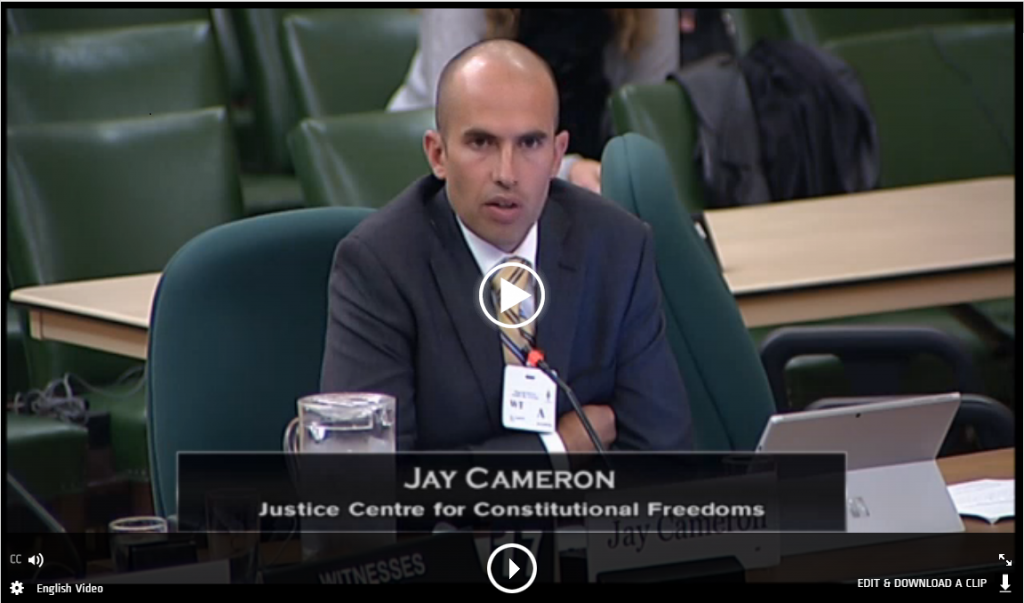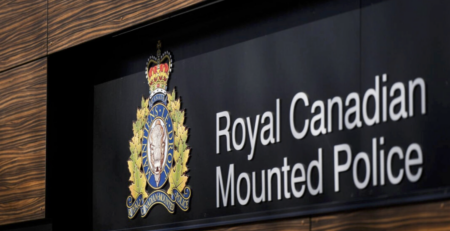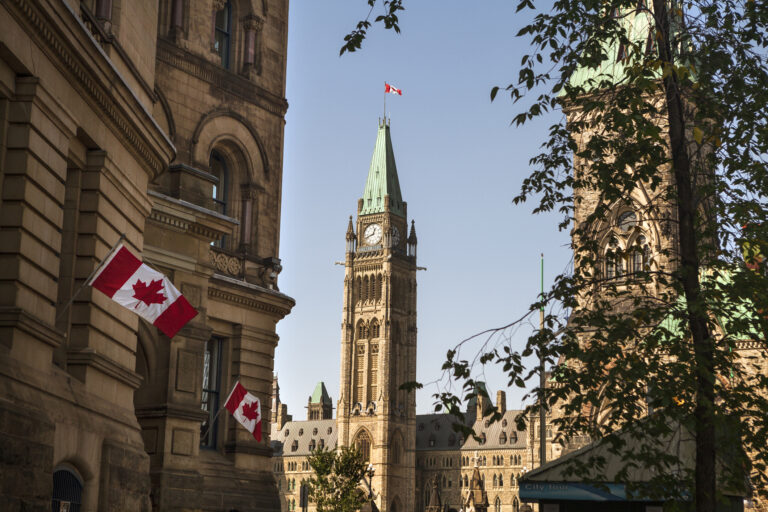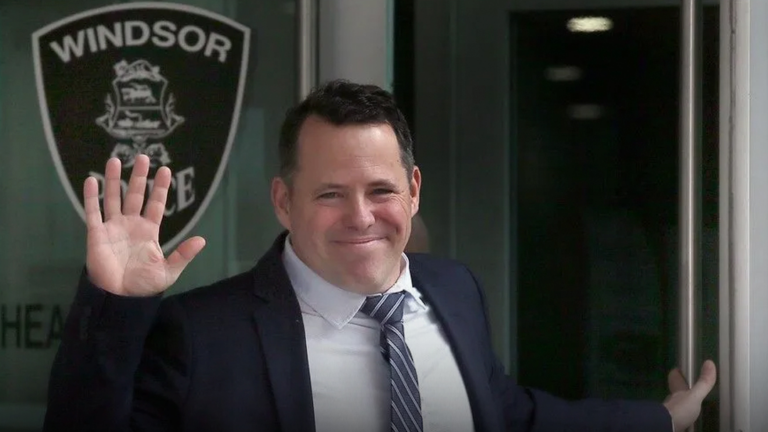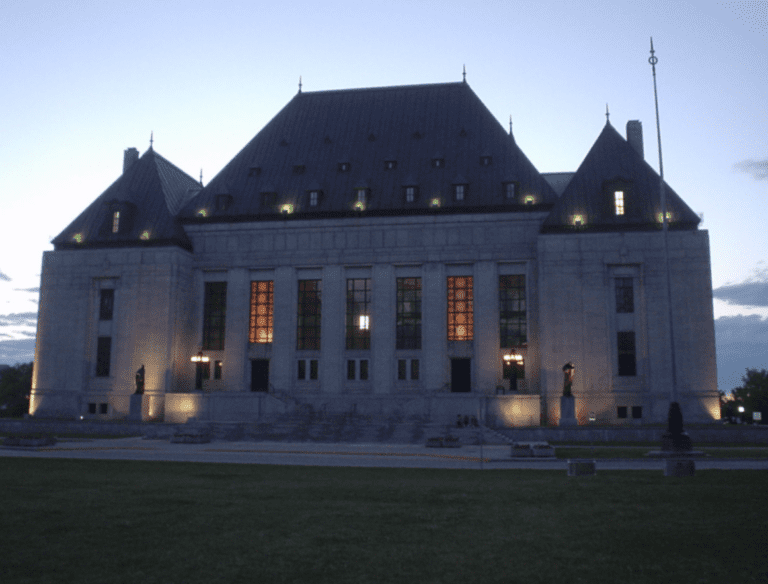The Justice Centre for Constitutional Freedoms appeared before Parliament’s Standing Committee on Justice and Human Rights on Wednesday, May 4, to recommend changes to the Government of Canada’s draft legislation on “medical assistance in dying” (“MAID”). The proposed legislation, Bill C-14, was tabled last month in response to the 2015 Supreme Court of Canada decision in Carter v. Canada (Attorney General) [Carter].
Other witnesses included the Canadian Medical Association, Physicians Alliance Against Euthanasia, the Evangelical Fellowship of Canada and the Canadian Nurses Association.
As explained in its Brief to the Committee, entitled Protections for Conscience Rights, the Justice Centre is pleased that Bill C-14 stays within the parameters established by the Supreme Court of Canada in Carter for a patient to qualify for MAID. In order to fully comply with Carter, however, Bill C-14 must codify protections for the conscience rights of physicians, nurses, pharmacists, and other health care workers, as well as health care organizations and institutions, to refuse to participate in, and refuse to refer for MAID.
Justice Centre staff lawyer Jay Cameron, author of the Brief to Parliament, presented oral testimony to the Standing Committee which can be viewed online here.
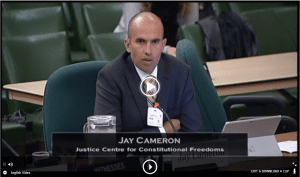

Background information
The Supreme Court of Canada decision in Carter in no way compels doctors or other healthcare workers to cooperate unwillingly in providing MAID. The Court expressly held in Carter that “nothing in the declaration of invalidity which we propose to issue would compel physicians to provide assistance in dying.” The Court “underline[d] that the Charter rights of patients and physicians will need to be reconciled.” Thus, it is apparent that the Court intended Parliament’s legislative response to address the issue of medical practitioners’ conscience rights. Bill C-14 is not yet compliant in this regard.
The applicants in Carter neither sought nor received a Charter right to compel doctors and other healthcare practitioners to provide, or refer for, MAID. Despite this, provincial Colleges of Physicians, as well as Nurses’ Associations have instituted requirements that their respective members participate in MAID, in disregard of conscience rights, on pain of professional sanction and reprisal. Parliaments’ opportunity is manifest: the offending professional requirements violate both the law in Carter and the Charter protections under ss. 2(a) and 7.
The Justice Centre’s Brief to the Committee concludes: “Parliament can and should bring uniformity and clarity to the issue of conscience rights and MAID. Doctors, educators, medical students and the various Colleges would all benefit from the inclusion in Bill C-14 of the protections for conscience and religious rights, as Carter mandates.”


